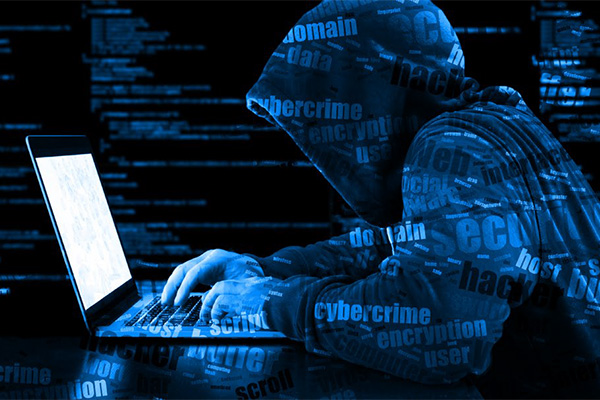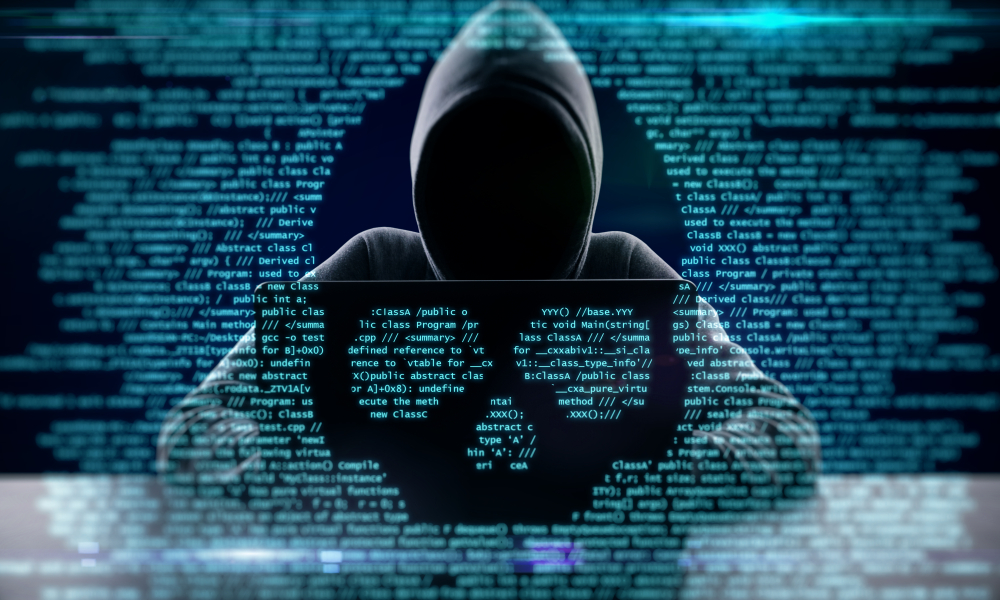In the age of technology, the world has become more connected than ever before. While this has many benefits, it also means that countries are vulnerable to cyber attacks from other nations. Cyber warfare is a new form of conflict that involves the use of technology to attack another country’s computer systems. As a result, understanding international laws for cyber warfare has become increasingly important.
What is Cyber Warfare?

Cyber warfare refers to the use of technology to carry out attacks against another country’s computer systems. These attacks can range from stealing information to disrupting critical infrastructure. The goal of these attacks is to gain an advantage over the other country without engaging in traditional forms of warfare.
International Laws for Cyber Warfare
- The United Nations Charter: The UN Charter prohibits the use of force against another country, including cyber attacks. This means that a country cannot use cyber warfare as a means to attack another country without first going through proper channels.
- The Tallinn Manual: The Tallinn Manual is a non-binding document that outlines the rules of cyber warfare. It was created by a group of international legal experts and provides guidelines for how countries should conduct themselves in cyberspace.
- The Geneva Convention: The Geneva Convention is a set of international laws that govern the conduct of war. While it was created before the advent of cyber warfare, it applies to cyber warfare as well. This means that countries must follow the same rules of engagement in cyberspace as they do in traditional warfare.
The Challenges of Enforcing International Laws for Cyber Warfare
One of the challenges of enforcing international laws for cyber warfare is the difficulty in identifying the source of an attack. Cyber attacks can be carried out anonymously and can be routed through multiple countries before reaching their target. This makes it difficult to attribute an attack to a specific country.
Another challenge is the lack of consensus on what constitutes a cyber attack. While some attacks, such as stealing information, are clearly illegal, others, such as disabling a country’s internet infrastructure, are not as clear-cut.
The Future of International Laws for Cyber Warfare

As technology continues to evolve, so too will the need for international laws for cyber warfare. It is likely that new laws and regulations will be developed to address emerging threats. In the meantime, countries must work together to enforce existing laws and hold those who violate them accountable.
Understanding international laws for cyber warfare is essential in today’s interconnected world. While there are challenges in enforcing these laws, they provide a framework for how countries should conduct themselves in cyberspace. As technology continues to evolve, it is important that countries work together to develop new laws and regulations to address emerging threats.

